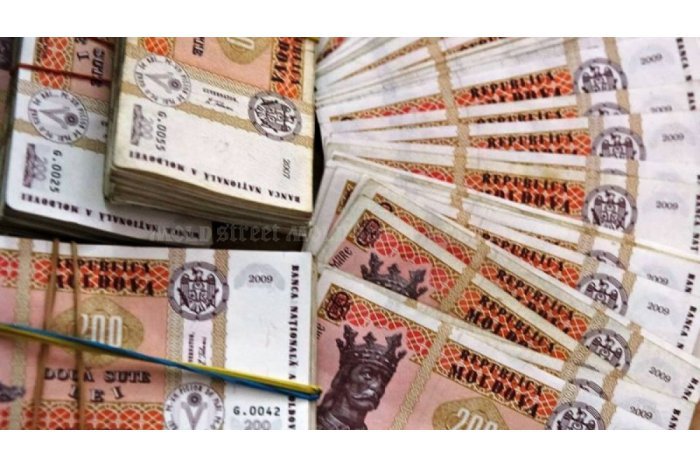Moldovan parliament approves budgetary and fiscal policy for 2024
15:00 | 20.07.2023 Category: Economic
Chisinau, 20 July /MOLDPRES/ - The parliament approved, in the second reading, the amendment of more legislative acts which are part of the budgetary and fiscal policy for 2024. The draft contains fiscal instruments on attracting and maintaining the qualified labour force, revising the mechanisms of calculation and payment of taxes, premises for discouraging the phenomenon of ‘’envelope salary’’ and measures of improvement of the fiscal administration. Fifty four lawmakers supported the draft.
Among the concrete measures, there is the extension of the spectrum of fiscal stimuli and revising the categories of expenses borne by the employer in the favour of employees, allowed for deduction on fiscal purposes.
The draft proposes the extension of the categories of deductions for private people at the establishment of the obligations related to the income tax with expenses related to the optional health insurance premiums or for the contracting of medical services, expenses related to the premium based on the life insurance contract. Also, private people will be able to deduct the payments at the interests related to mortgage loans, within the limit of an average salary on the economy.
Also, the document envisages the standardization of the quotas of the taxes on the income of private people, retained for the investment and financial incomes, through their establishment at 6 per cent. The concerned measure is aimed at stimulating the investment of the savings accumulated by private people, through the enforcement of a single regime on all aforementioned incomes.
At the same time, the document regards the maintenance of the rule of establishing the rates of excise duties for a period of 3 years, in order to ensure the principle of predictability for the business environment, as well to have a clear-cut forecast of the budgetary revenues. Thus, the tax on the excisable products, including tobacco, cider, some oil products, will increase by 7 per cent annually in the next three years, except for some categories of products, such as the liquefied gas, crude oil, beer or alcohol.
To observe the commitments of approximating the fiscal and customs legislation, the fiscal regime enforced on touring cars is changed, through the cars’ taxation with the value added tax (VAT) according to general principles starting from 1 January 2026, with the gradual diminution of the excise duty’s quota.
Symbol photo

